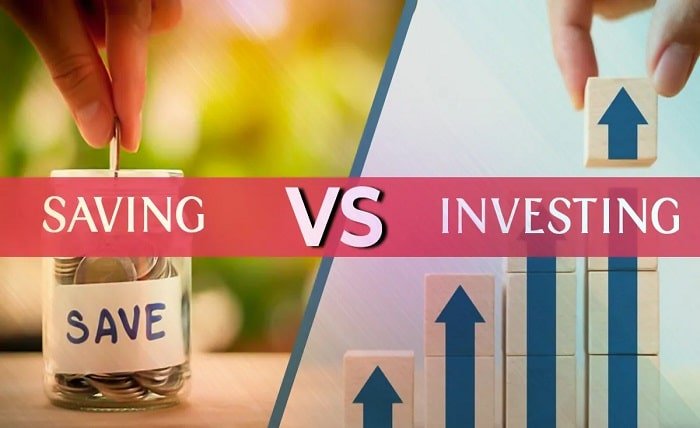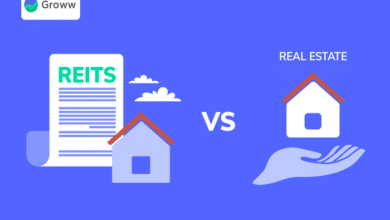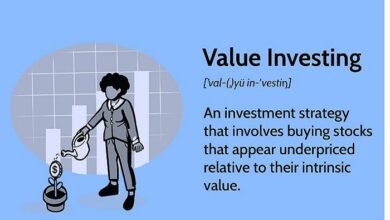How to Invest $100K: Strategies for Maximizing Your Returns

Introduction
Investing $100,000 is a significant milestone that opens up numerous avenues for building wealth. Whether you’ve saved diligently, inherited funds, or sold a valuable asset, the decision on how to invest that money can shape your financial future. This guide explores various investment strategies that balance growth potential with risk management, helping you make informed decisions tailored to your financial goals.
Your Financial Goals
Before diving into investment options, it’s crucial to define what you aim to achieve with your $100K. Are you looking for long-term growth, generating income, or preserving capital? Setting clear objectives will guide your investment choices and risk tolerance.
Establishing an Emergency Fund
If you haven’t set aside an emergency fund, consider allocating a portion of your $100K to this. Typically, an emergency fund should cover 3-6 months of living expenses and be easily accessible, like in a high-yield savings account.
Paying Off High-Interest Debt
Evaluate your debts, focusing on high-interest liabilities such as credit card balances. Paying these off can provide a guaranteed return by saving on interest expenses, which often surpasses the average return of many investments.
Diversifying with Stock Investments
Stocks offer significant growth potential. Consider diversifying your portfolio across various sectors and geographical locations. You can invest in individual stocks if you have the time and expertise, or opt for index funds and ETFs for broader exposure with lower fees.
Exploring Bonds and Fixed Income
Bonds are a safer investment relative to stocks, ideal for balancing your portfolio’s risk. Consider government and high-quality corporate bonds. Diversifying through bond mutual funds or ETFs can also reduce risk.
Real Estate Investment Opportunities
Real estate can provide both rental income and capital appreciation. Consider direct investments in rental properties or REITs (Real Estate Investment Trusts) if you prefer not dealing with the complexities of property management.
Looking into Alternative Investments
For those seeking diversification, alternative investments like hedge funds, private equity, and commodities might be worth considering. These typically require more knowledge and carry higher risk but can offer substantial returns and lower correlations with traditional markets.
Contributing to Retirement Accounts
Maximizing contributions to retirement accounts like IRAs or 401(k)s can be a wise move, especially if they offer tax advantages or employer matching.
Considering Robo-Advisors for Automated Investing
Robo-advisors provide a cost-effective and straightforward way to manage your investments. They automatically adjust your portfolio based on your risk tolerance and goals, making them suitable for hands-off investors.
Investing in Yourself
Consider allocating funds towards enhancing your education or professional skills. This investment can lead to higher earnings potential and improved job security.
Consulting Financial Professionals
If unsure about how to proceed, consulting with a financial advisor can provide personalized advice and peace of mind. Choose someone with fiduciary responsibility to ensure they act in your best interest.
Conclusion
Investing $100K is a formidable opportunity to grow your wealth and secure your financial future. By carefully considering your options and aligning them with your goals, you can strategically deploy this capital for optimal returns. Remember, the key to successful investing is diversification, understanding your risk tolerance, and staying committed to your long-term financial objectives.
FAQs
- Is it safe to invest all $100K in stocks?
- Investing all in stocks exposes you to high risk. Diversification across different asset classes is recommended to manage risk effectively.
- How quickly can I see returns on my investment?
- Investment returns can vary widely based on the asset class and market conditions. Stocks might yield quicker returns but are more volatile, while bonds offer steadier, but often lower returns.
- Should I invest $100K all at once or over time?
- Consider dollar-cost averaging to spread the investment over time, reducing the impact of volatility.
- What tax implications should I consider when investing $100K?
- Taxes can significantly affect your returns. Consider tax-efficient accounts like IRAs and consult a tax professional.
- How often should I review my investment portfolio?
- Review your portfolio at least annually or after significant life changes to ensure it aligns with your goals and risk tolerance.





